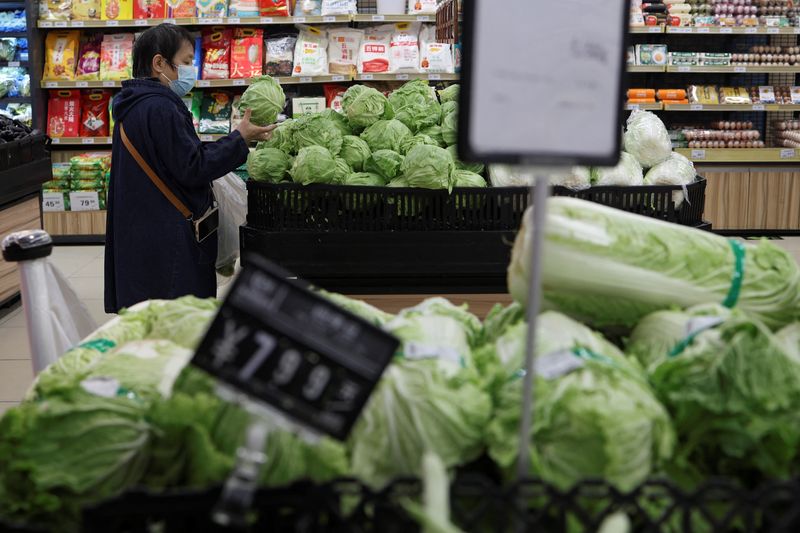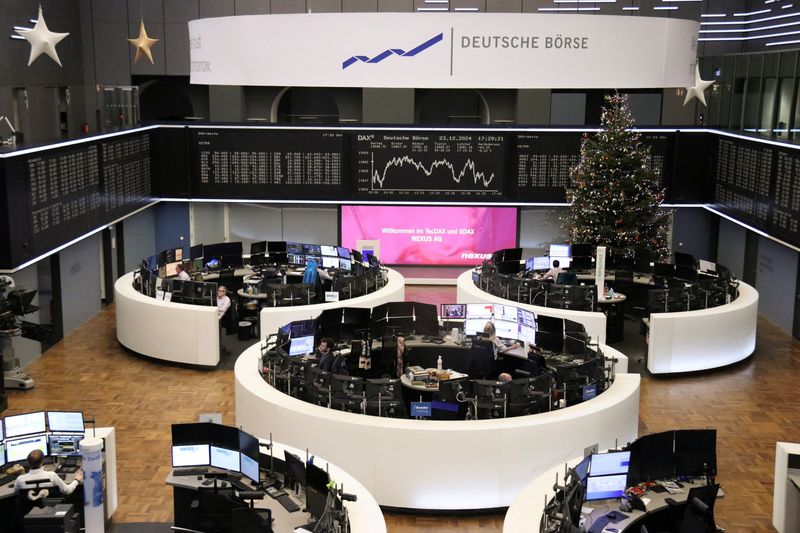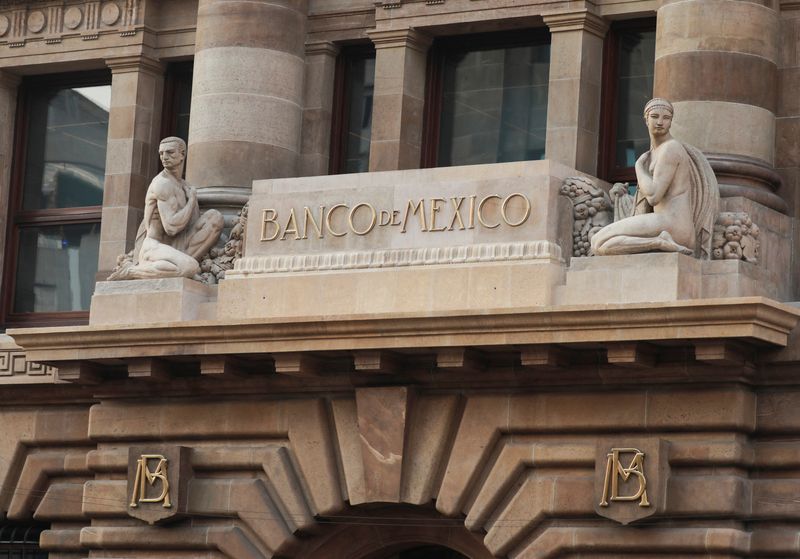BEIJING (Reuters) – China’s services activity expansion slowed in September as new business growth hit its weakest in nearly a year even as exports sped up, a private-sector survey showed on Monday.
The Caixin/S&P Global services purchasing managers’ index (PMI) dropped to 50.3 in September from 51.6 in August, the lowest since September 2023. The 50-mark separates expansion from contraction on a monthly basis.
Incoming new business increased marginally, with the pace of growth decelerating to the slowest in 11 months. However, new business inflows from abroad accelerated at the fastest pace in three months.
Capacity pressures were evident nonetheless as higher new business contributed to an accumulation of backlogged work and the hiring of additional staff. Employment expanded from August’s fall.
Average input costs increased due to higher input material, labour and energy costs, according to survey respondents, but firms were reluctant to raise prices despite intensifying cost pressures.
Overall confidence fell to the lowest since March 2020, with some firms raising concerns over rising competition and the global economic outlook.
Together with the manufacturing PMI, the Caixin/S&P Global Composite PMI nudged down to 50.3 in September, down from August’s 51.2.
“Across the board, the latest macroeconomic data have fallen short of market expectations,” said Wang Zhe, economist at Caixin Insight Group.
“Insufficient effective domestic demand remains a prominent issue, with significant pressure on employment and weak optimism constraining people’s willingness and ability to spend.”
Last week, China’s top leaders acknowledged the economy was facing “new problems” and called for fresh policies to more “forcefully” stimulate growth.

The meeting also urged efforts to stop the declines in the beleaguered property market and to deploy “necessary” fiscal spending.
China’s central bank last week unveiled its most aggressive monetary easing since the pandemic. Markets and economists expect more policy support soon.










